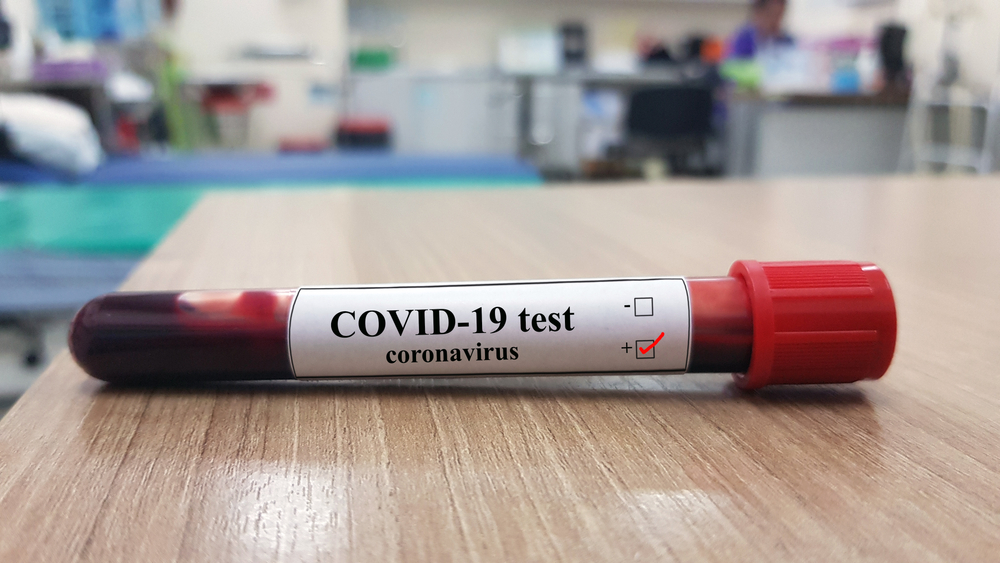
A LabCorp COVID-19 diagnostic test became the first of its kind to gain a United States Food and Drug Administration (FDA) emergency use authorization (EUA) last week, for its potential to diagnose COVID-19 infections in those without symptoms.
An EUA was also granted to allow its use in pooled sample testing, making it only the second test authorized for that. The COVID-19 RT-PCR test had been operating under an EUA already, but these expansions allow its use on anyone, and for testing up to five individual swab specimens pooled for observation. Data seen by the FDA showed that it was as effective in assessing COVID-19 infections among the broader asymptomatic population as in those already suspected to have it.
“FDA’s authorization of the first diagnostic test to be used for anyone, regardless of whether they are showing symptoms of COVID-19 or have other exposure risk factors, is a step toward the type of broad screening that may help enable the reopening of schools and workplaces,” FDA Commissioner Dr. Stephen Hahn said. “By authorizing another test for use with pooled samples, we also further help increase the possibility that patients may be able to receive results sooner, while also conserving vital testing supplies, which are under increased demand during the pandemic.”
The symptom-less test represents a marked improvement for diagnostics against a virus that can present largely asymptomatic in the general population for some time after infection. The sample pooling potential also allows for fewer tests to be necessary overall, and for a larger quantity of tests to be more quickly assessed. The first test capable of being used with pooled samples was the Quest SARS-CoV-2 rRT-PCR test, approved earlier this month.
Despite the authorizations, the LabCorp test is prescription-only. It is meant for collection either by a health care provider or at home, specifically by using LabCorp’s Pixel or other home sample collection kits authorized for use with the test. Pooling will only be allowed for those samples collected by health care providers, though.




